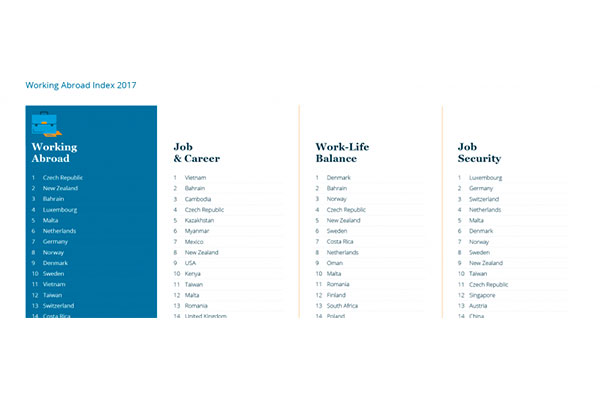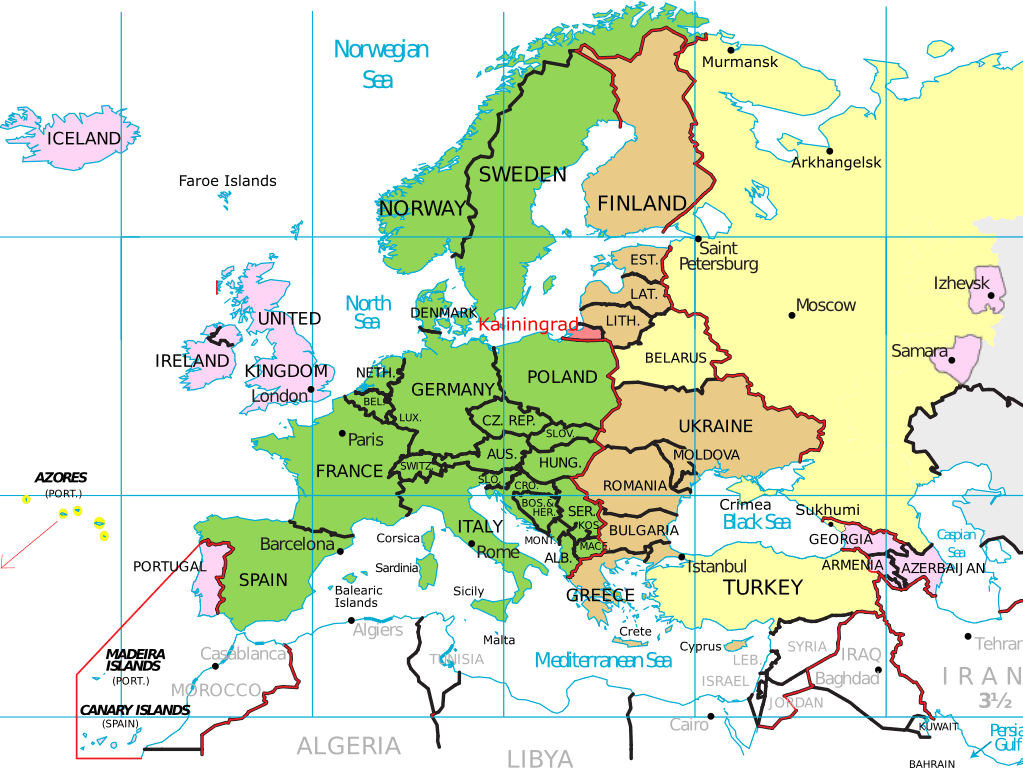
Digital nomads can choose from many different options. You can either live in Thailand in a house or rent an Airbnb in another country. Or you can be completely nomadic. Some digital nomads are able to stay in one spot and work for one company, while others can travel the globe. Then again, some people get paid per job. The hybrid nomad is someone who has multiple income streams.
It is not a secret that digital technology has abolished borders and allowed people the freedom to work from anywhere. As a result, digital nomads can spend months abroad, earn money, and shape their professional lives in the process. A survey has shown that digital nomads are more likely to make more than $50,000 each year and some even earn $100,000.
Although it's a smart idea to work from overseas, there are many benefits to staying in your home city. First, you still have access to all the wonderful things a city offers. You can attend cultural and culturally diverse events, enjoy art galleries, and shop in fashionably trendy boutiques. Even if you don't plan on traveling, you can benefit from the low cost of living in most digital nomad hubs.

If you are thinking about becoming a digital nomadic, it is a good idea for you to research what this lifestyle is like. Many people hire a coach in order to help them navigate the transition. There are other ways you can jumpstart your nomadic lifestyle.
Signing up to work at an Online Marketing agency is the best way to start. These companies offer many opportunities to help you develop the skills required to become an online nomad. Once you have built a client base, you are ready to start working with freelance clients. During this time, you can test out the waters by offering to promote other people's products or services.
The most important aspect of becoming a digital nomad is having an emergency savings fund. It should be sufficient to cover three to six months of your daily living expenses. Also, you should have a clear vision of where you want to go and how you want to get there. You should keep track of your finances, but also be ready to make adjustments and rely upon other resources as needed.
Many companies are adapting their business models to allow remote workers to work more effectively. Sometimes, clients might require that you be available during certain hours or that you provide them with certain information immediately. You can reap the many benefits of working remotely while also saving time and money by using the right tools.

While working from home is the best option, it's possible to establish your own online company. However, other companies may offer opportunities that allow you to work remotely for a fee. You may be able to join other web designers and digital marketing professionals as a virtual assistant. Another way to make the most of your time while working from home is to join a coworking space where you can meet fellow nomads.
FAQ
What is a typical digital nomad's day like?
A digital nomad's average day will vary depending upon where they are located. This could include:
-
New accounts and logins
-
Content creation (articles, blogs)
-
Researching new markets
-
Meet new people
-
Finding new opportunities
-
Contract negotiation
-
Working on projects
To be a digital Nomad, you have to learn how manage multiple aspects of life.
This means creating a schedule to accomplish everything and still enjoy yourself.
Maybe you have a morning routine where you check email, schedule meetings, and answer emails. After you've finished your lunch, you can take a few minutes to relax.
After dinner, you start your evening routine. You will check social media, read blogs, write blog posts, and send emails. The rest of the evening is yours.
You won't feel overwhelmed, and you can maximize your productivity all day.
What is the digital nomad lifestyle like?
Digital nomads live a life that is constantly in motion. They can be mobile, flexible and mobile all the time. They can live anywhere with a laptop, an internet connection, and a reliable way to recharge their batteries.
They travel for work or pleasure and use the internet wherever they are. They live in suitcases for weeks, traveling from one place to another without any thought.
Digital nomads are the future. They are the next generation who doesn't have land or a home. These kids grew up playing online videogames.
Digital Nomads will be the next generation in travel. They are the ones changing how we travel forever.
How to Stay Safe When Living As A Digital Nomad?
You'll always be online, because that's where your closest friends and colleagues are. But as a digital nomad, you won't necessarily live out of an office, either. How do you balance safety and travel?
First, make sure your computer is virus-free. This means you need to make sure your computer is up-to date with the latest Windows and Mac OS X software.
Your software must also be up to date. If it isn't, update it immediately. If the cloud services you rely upon, such as Dropbox or iCloud, then you might lose your files.
VPN (virtual personal network) services protect your internet connection from outsiders. Check with your ISP to see if you are eligible.
In addition to protecting your privacy, a VPN encrypts your web traffic, making it harder for hackers to intercept your personal information. A VPN app can be downloaded onto your smartphone to connect to public WiFi networks.
Also, make sure your phone is always charged. Access to your contact information could save you hours of lost time trying to find someone.
What jobs are digital nomads most often employed in?
Digital nomads travel for work between two cities. They live in suitcases and travel to the job. Their lifestyle is very flexible, so they can choose when and how much time they spend working. Digital nomads have the ability to work remotely anywhere in the globe, even on remote islands, forests or mountains.
These are the most commonly used types of work: writing, graphic design and web development, software engineers, data entry, translation, customer service, social media management and data entry.
Many digital nomads work remotely and travel. This allows them to save money on living expenses and enjoy more freedom in terms of location. Many digital nomads travel solo. Others find it easier to connect with local communities because they aren't tied down to any particular place.
Where do digital nomads often stay?
The most popular destinations for digital nomads are in Southeast Asia, the Caribbean and Africa. There are places you can live in your home for several months.
Digital nomads feel most at home in the places they love. This could be anywhere warm and tropical, as well as any other place on Earth where they can find inspiration.
But while digital nomads are often drawn to these locations because of the weather, they tend to stick around longer when they can afford to pay rent.
Digital nomads are more mobile than others and spend more time outside. They should ensure that the destination offers an abundance of outdoor activities.
These include skiing, kayaking, hiking, kayaking, skipping, diving, fishing, mountain biking and horse riding.
They love cities too, and would happily move to any location that gives them access to nature.
The key to living in a suitcase is connecting to the internet. Avoiding remote areas without reliable mobile signals is a good idea.
These challenges can be avoided by looking for a hostel. These hostels often offer internet access, and sometimes accommodation.
Digital nomads are at ease in hostels because they can pack light and keep costs down. They are also very social environments, so meeting new people is easy.
Most hostels have communal kitchens and common spaces where guests can meet up. These hostels offer laundry services, bike rentals, tours and many opportunities to explore the surrounding attractions.
How much does it cost for a digital nomad to travel the world? What is the minimum time you have to travel before you can be called a digital nomad.
Digital nomadism can be defined in many different ways. Some say "digital nomad" is an umbrella term that encompasses freelancers, entrepreneurs, independent contractors, travelers, ex-pats, and other people who move frequently but keep their main residence in one city or country.
Others use the term to mean people who move to live online for work and travel anywhere between 6 months and 2 years. If you want to be considered a digital nomad, you should do something online. You shouldn't just be traveling somewhere else.
Some digital nomads earn enough income to support themselves without worrying about finding a job. Others make less that $10,000 per annum.
Nomad List says that the average monthly salary of a digital nomad in America is approximately $3,500.
In addition, there's no set amount of time required to be classified as a digital nomad. Many people believe that you are already a digital nomad if you travel for work. Even if your job is only part-time you still could qualify.
NomadList reports that digital nomads spend an average of 3-6 months on average. That means that you'll need to travel at minimum twice during that time.
Many digital nomads work from their homes, which reduces rent payments. They also avoid the commute.
You can see why it may not be possible for everyone become a digital nomad. This requires a lot of planning and discipline. You will need to be able to spend a lot of your time.
If you plan on becoming a digital nomad, here are a few things to consider:
-
How much time will it take to complete your work?
-
What kind of work will you be doing?
-
Where are you going to be based?
-
Will you need to relocate often?
-
Are you saving money?
-
Are you ready to make sacrifices in order to live a fulfilling life?
-
Is it possible to leave your current job?
-
Have you ever thought about what you'd love to do after you quit your job?
-
Are there any obstacles that prevent you from taking the leap?
-
Are you a digital nomad and have questions?
-
How would your lifestyle be described?
-
Would you recommend it for someone else?
-
What advice do you have to offer new digital nomads?
-
What advice would your advise to anyone considering becoming a digital nomad.
How do digital nomads get paid?
Digital nomad job sites such as Upwork and Freelancer are great for finding remote jobs. However, they make it easy for freelancers and contractors to find clients.
They help you to create a portfolio and showcase your skills. They can give feedback and track your projects.
In addition, plenty of online tools and apps can help you manage your time, communicate with potential employers, and even automate tasks.
There are also pitfalls. If you are looking for a job, there may be scams and fake profiles. Some freelance platforms charge fees without providing any value to the client.
You could receive bad reviews from previous clients. You may also fall for identity theft.
It is best to research the site before you sign up. Look for reviews and testimonials. Do not trust employers that have not thoroughly vetted candidates.
You should be cautious of scammers working remotely as you will never be able to meet them face-to–face.
You will not face any major problems if you are cautious.
Statistics
- They also offer trip cancellation insurance that covers up to 100% of the trip cost. (travelinglifestyle.net)
- All it takes is a 5% better profile and proposals than your competitors. (travelinglifestyle.net)
- Surprisingly, according to the online quote, our 60-year-old will pay the same cost for both packages for three months in Finland. (travelinglifestyle.net)
- According to Statistica Research Department, the number of digital nomads is increasing every day, with more than 15.5 million digital nomads in 2021. (gooverseas.com)
- In general, you can expect to pay around 5 to 10 percent of the total cost of your trip for travel insurance. (travelinglifestyle.net)
External Links
How To
How to get Free WiFi All Over the World
Although you won't find WiFi everywhere, there are plenty of hotspots. These are some free places around the globe where you could connect to the internet.
-
Starbucks offers free Wi-Fi at most locations. Look for the "WiFi Sign" near the cash register.
-
Many airports have Wi-Fi available at no charge. Many airports provide charging stations to charge laptops.
-
Free Wi-Fi is offered by some hotels. You will find signs advertising the free service near the front desk.
-
Many public libraries offer internet access for free. To gain internet access, you will need to show your library card.
-
Today, almost all restaurants have free Wi-Fi. Ask for the password at check-in.
-
Trains often have free Wi-Fi available. Google Maps will allow you to search for the train station name.
-
Many universities offer wireless connections for free. Look for the icon labeled Wireless on your network.
-
While it might not seem like a place to have free Internet access in zoos, there are many that offer this perk. Just look for the logo indicating free Wi-Fi.
-
Most museums offer Wi-Fi free of charge to visitors. You will find an information kiosk or booth outside the museum's entrance.
-
Many trade shows and conventions offer Wi-Fi at no cost, especially during non-peak hours. Look for signs advertising the event's Wi-Fi availability.
-
Free Internet access is a common feature of churches. Look for the notice posted in the church.
-
Customers may sometimes be offered free Wi-Fi by gas stations. Look out for the "Free WiFi" sign at the pumps.
Additionally, here are five tips for getting connected:
-
Avoid public areas. Public Wi-Fi networks require payment and are often password-protected. You can connect to a private network if you absolutely must.
-
Use a VPN program. VPNs encrypt internet traffic and allow users to access their favorite sites without fear of surveillance. They're especially useful when connecting to public hotspots because they hide your location.
-
Be on the lookout for unsecure connections. Anyone can join unsecured networks. This makes them easier to pick up than secured networks. They aren’t as safe as encrypted networks.
-
Join a community. Some communities offer free Internet access at local coffee shops, libraries, hotels, and other venues.
-
Bring your device. To avoid roaming charges, most airports offer free WIFI.